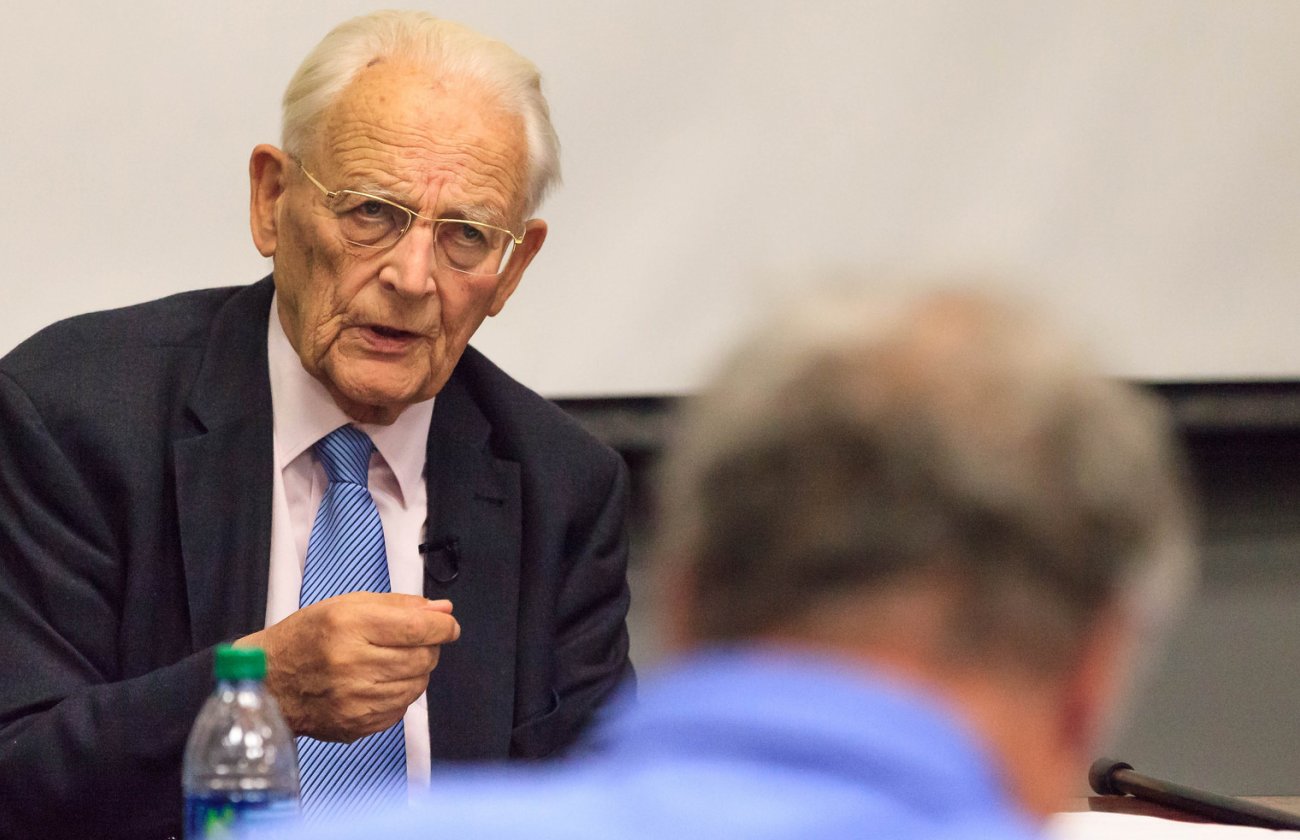University Professor Manuel Castells was interviewed by BBC Radio 4 at the London School of Economics about his new book, Aftermath: The Cultures of the Economic Crisis.
In the book, Castells argues that consumers used to define happiness by the purchase of material goods, but now, consumers are realizing that happiness can’t be bought.
Castells also notes that consumers can’t fully embrace this change in thought because they are trapped in the economic structure in which they are perpetually purchasing goods. He suggests that this change in economic culture is generating caution among people and the political and financial systems because “people collapse, not the financial system.”
Because of this change, people are beginning to engage in “non-capitalist practices.” New technologies are allowing people to form “network societies,” which connect everything from finance and politics to media and communication.
"We live in a culture of not virtual reality, but real virtuality because our virtuality — meaning the Internet networks — (is) a fundamental part of our reality,” he said.
In addition to being University Professor, Castells is the Wallis Annenberg Chair in Communication Technology and Society. He has authored 26 academic books and co-authored or edited 22 books.







